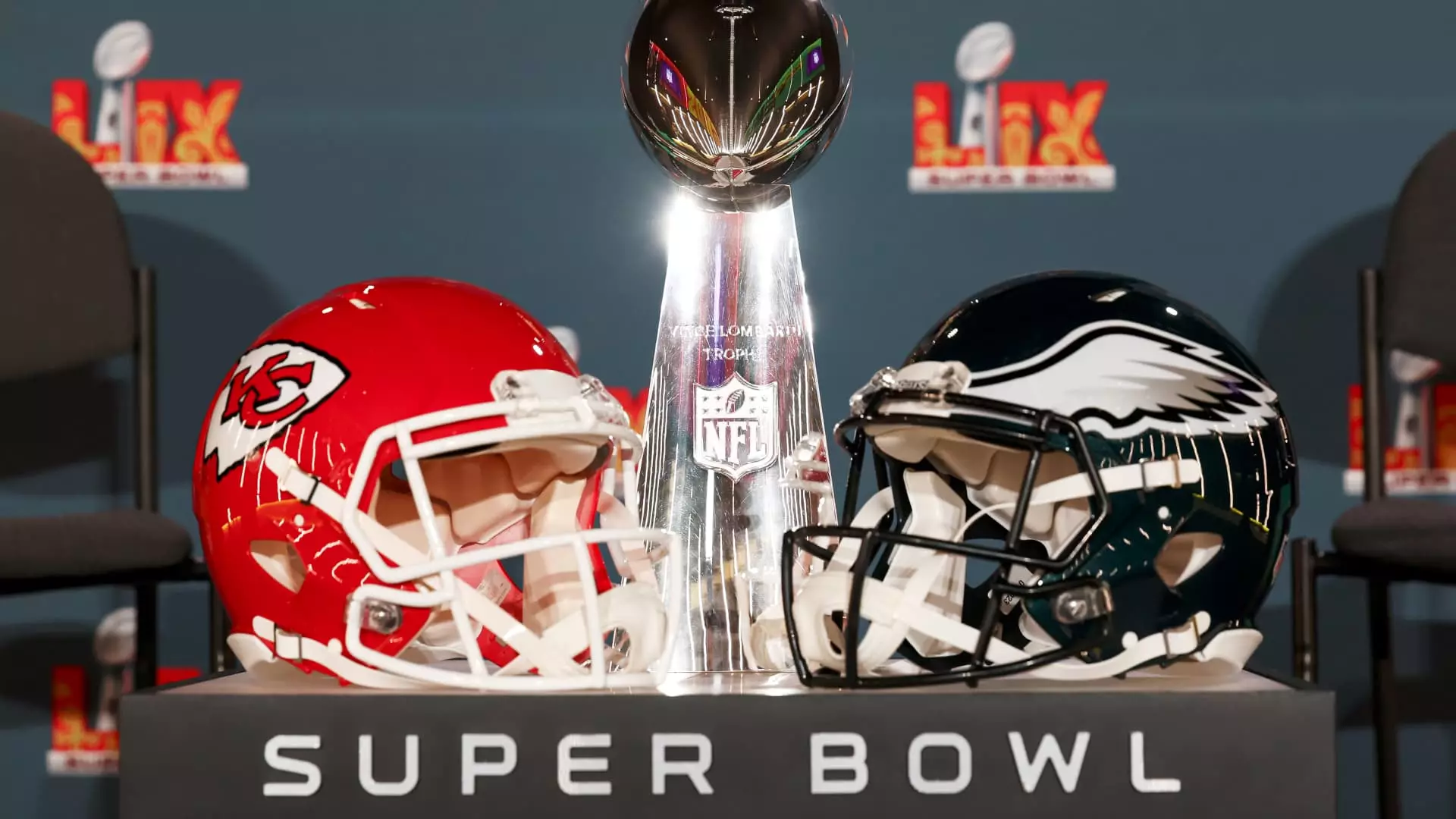The National Football League’s recent crackdown on resale violations exposes a tendency to prioritize punitive measures over constructive dialogue. While the league claims to protect fans from inflated prices and maintain integrity, the focus appears to be predominantly on punishing players, coaches, and staff rather than addressing fundamental issues underlying ticket resale. Fining individuals and suspending future purchasing privileges not only penalizes those involved but also risks alienating core stakeholders—players, employees, and loyal fans—who often see resale as a response to systemic ticket scarcity. A hit-driven approach ignores the complexities of secondary markets and fails to foster an environment rooted in trust and fairness.
Is the NFL Diluting Its Credibility with Heavyhanded Policies?
By cracking down harshly on individual violations without transparent efforts to regulate supply or educate about fair resale practices, the league threatens to undermine its credibility. Such policies cast a shadow of suspicion and mistrust among players and employees, discouraging engagement rather than encouraging responsible behavior. Moreover, the emphasis on fines and restrictions appears reactionary, rather than strategic, potentially driven more by political pressures or public relations concerns than genuine concern for the integrity of the sport. If the NFL truly prioritizes fan loyalty and fairness, it would do better to explore more holistic solutions, such as improving ticket distribution systems or regulating third-party resale platforms effectively.
The Culture of Profit and Its Impact on the Game
The league’s stance suggests a discomfort with the profit motives of players, coaches, and staff, painting resale activities as inherently corrupt. Yet, in a market-driven society, earning profits from secondary markets is a natural extension of supply and demand. The NFL’s fixation on immediate penalties dismisses the wider economic realities and the fact that many involved see resale as a way to capitalize on a limited resource—tickets—under market conditions. This obsession with policing individual actors feeds into a narrative that the league itself is reluctant to accept: that internal mechanisms, rather than prohibition, could better regulate fairness and transparency.
Implications for the Future of NFL Governance
The NFL’s apparent inclination toward increased penalties and stricter compliance training may create a chilling effect, suppressing initiative and transparency among its staff. Instead of fostering a culture of responsibility and open dialogue, the league’s heavy-handed approach could foster resentment and clandestine behaviors. Responsible governance involves balancing enforcement with education, and recognizing that policies must evolve with the realities of a dynamic economy. Weakening the bonds of trust through harsh sanctions might backfire, ultimately harming the league’s reputation more than the isolated resale violations it aims to eradicate.
The NFL’s current focus on punitive fines and restrictions reflects a broader tendency of institutions to react harshly rather than proactively address systemic flaws. For a league rooted in tradition, competition, and community, it risks alienating its vital stakeholders by adopting policies that appear punitive and out of touch with modern economic realities. Crafting smarter, more transparent, and more equitable ticketing strategies should be the priority—rather than attempting to punish individual conduct without addressing underlying market dynamics. Only then can the league reconcile its responsibilities to fairness, integrity, and the passionate fans who breathe life into its game.

